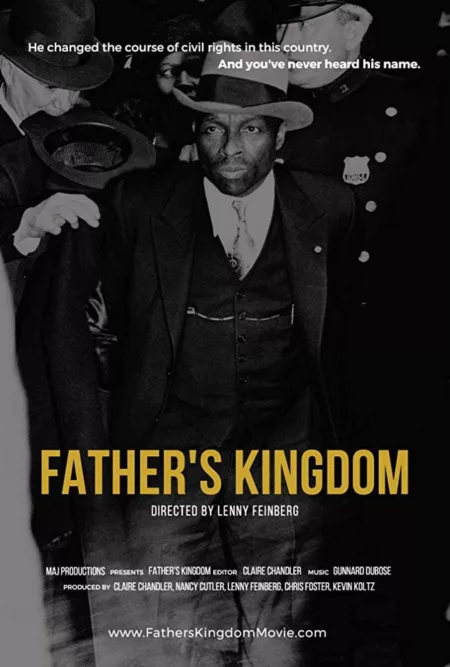Quo Vadis (1951)
Quo Vadis (1951)

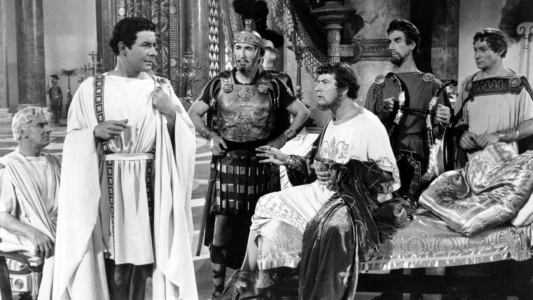
Plot.
Where to Watch.
 Rent
Rent Rent
Rent Rent
Rent Rent
Rent Rent
Rent Rent
Rent Ads
AdsCurrently Quo Vadis is available for streaming online, rent, buy or watch for free on: Apple TV, Google Play Movies, Amazon Video, YouTube, Microsoft Store, Fandango At Home, Tubi TV
Streaming in:🇺🇸 United States

Cast & Crew.

Robert Taylor
Marcus Vinicius

Deborah Kerr
Lygia
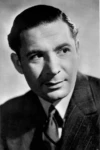
Leo Genn
Petronius

Peter Ustinov
Nero

Patricia Laffan
Poppaea

Finlay Currie
Peter

Abraham Sofaer
Paul

Marina Berti
Eunice

Buddy Baer
Ursus

Felix Aylmer
Plautius

Nora Swinburne
Pomponia

Ralph Truman
Tigellinus

Norman Wooland
Nerva

Peter Miles
Nazarius

Geoffrey Dunn
Terpnos

Nicholas Hannen
Seneca

D.A. Clarke-Smith
Phaon

Rosalie Crutchley
Acte
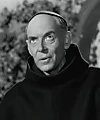
John Ruddock
Chilo

Arthur Walge
Croton

Elspeth March
Miriam

Strelsa Brown
Rufia

Alfredo Varelli
Lucan

Roberto Ottaviano
Flavius

William Tubbs
Anaxander

Pietro Tordi
Galba

Marika Aba
Dancer at Nero's Banquet (uncredited)

Adriano Ambrogi
Wine Bibber (uncredited)

Anna Arena
Woman (uncredited)

Alfred Baillou
Christian Prisoner in Arena (uncredited)

Giacomo Barnas
Senator (uncredited)

Scott R. Beal
Fisherman (uncredited)

John Binns
Officer (uncredited)

Francesca Biondi
Slave Girl (uncredited)

Carlo Borelli
Noble (uncredited)

Leslie Bradley
Hasta (2nd Praetorian) (uncredited)

Alfred Brown
Man (uncredited)

Valentino Bruchi
Mirmillon (uncredited)

Dante Ciriaci
Wine Bibber (uncredited)

Frank Colson
Man (uncredited)

Adrienne Corri
Young Christian Girl (uncredited)

Luca Cortese
Old Man (uncredited)

David Craig
Little Boy (uncredited)

Daniel de Jonghe
Apostle (uncredited)

Liana Del Balzo
Woman (uncredited)

Jack Del Rio
Apostle (uncredited)

Lia Di Leo
Pedicurist (uncredited)

Franco Fantasia
Man (uncredited)

Cesare Fasulo
Noble (uncredited)
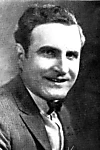
Al Ferguson
Apostle (uncredited)

Enzo Fiermonte
Mounted Captain (uncredited)

Enrico Formichi
Man with Wine Cup (uncredited)

John Fostini
Young Unbaptized Man (uncredited)
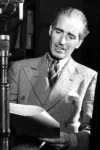
Dino Galvani
Senator (uncredited)

Richard Garrick
Slave (uncredited)

Jack George
Fisherman (uncredited)

Carlo Ghisini
Guard (uncredited)

Trudy Glassford
Woman (uncredited)

Joan Griffiths
Woman (uncredited)

Robin Hughes
Christ (voice) (uncredited)

Adam Jennette
Man (uncredited)

Philip Kieffer
Apostle (uncredited)

Gipsy Kiss
Slave Girl (uncredited)

Lee Kresel
Man (uncredited)

Richard Larke
Guard (uncredited)

Sophia Loren
Lygia's Slave (uncredited)

Giovanni Lovatelli
Banquet Man (uncredited)

Helena Makowska
Older Woman (uncredited)

Anna Mancini
Nubian Slave Girl (uncredited)
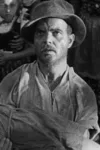
Michael Mark
Fisherman (uncredited)

Clelia Matania
Parmenida (uncredited)

Richard McNamara
Legionnaire (uncredited)

Harriet Medin
Woman (uncredited)

Dario Michaelis
Lydia's Guard (uncredited)

Ernesto Molinari
Fisherman (uncredited)

John Myhers
Guard (uncredited)

Vincent Neptune
Apostle (uncredited)

Anna Maria Padoan
Young Unbaptized Woman (uncredited)
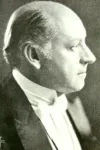
Louis Payne
Apostle (uncredited)

Walter Pidgeon
Narrator (voice) (uncredited)

Aldo Pini
Headkeeper (uncredited)
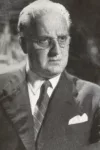
Alberto Plebani
Steward (uncredited)

Paola Quattrini
Crying Girl (uncredited)

Dino Raffaelli
Man (uncredited)

George Restivo
Apostle (uncredited)

Alfredo Rizzo
Hairdresser (uncredited)

Amerigo Santarelli
Guard Tying the Christians (uncredited)

Leonardo Scavino
Man (uncredited)

Alessandro Serbaroli
Officer (uncredited)

Bud Spencer
Imperial Guard (uncredited)

Raffaele Tana
Man (uncredited)

Elizabeth Taylor
Christian Prisoner in Arena (uncredited)

William Taylor
Guard Captain / Marcus' Guard (uncredited)

Michael Tor
Centurian (uncredited)

Giuseppe Tosi
Wrestler (uncredited)

Carlo Tricoli
Apostle (uncredited)

Renato Valente
Guard (uncredited)

Scilla Vannucci
White Slave Girl (uncredited)

Giuseppe Varni
Hairdresser (uncredited)

Dianora Veiga
Slave Girl (uncredited)

Harry J. Vejar
Fisherman (uncredited)

Romilda Villani
Slave Girl (uncredited)

Maria Zanoli
Woman (uncredited)

Christopher Lee
Chariot Driver (uncredited)

Sam Zimbalist
Producer

Sonya Levien
Screenplay

Robert Surtees
Director of Photography

Mervyn LeRoy
Director

John Lee Mahin
Screenplay

Miklós Rózsa
Original Music Composer

Henryk Sienkiewicz
Novel

William V. Skall
Director of Photography

S. N. Behrman
Screenplay

Ralph E. Winters
Editor

Charles E. Parker
Makeup Supervisor

Sydney Guilaroff
Hair Designer

Joan Johnstone
Hair Designer

Hugh Gray
Additional Writing / Lyricist

Aurel Milloss
Choreographer

Marta Obolensky
Choreographer

Anthony Mann
Second Assistant Director

Donald Jahraus
Special Effects

Sergio Leone
Second Unit Director

A. Arnold Gillespie
Special Effects

Douglas Shearer
Sound Recordist

Al Goodman
Set Designer

Peter Bolton
Assistant Director

Eugene Zador
Orchestrator

Arthur Lemming
Assistant Camera

Nuno Salvação Barreto
Stunts

Robert B. Lee
Sound

George Pink
Camera Operator

John Schmitz
Camera Operator

Piero Cavazzuti
Assistant Sound Designer

Italo Tomassi
Set Designer

Tom Howard
Special Effects

Belita Pechtl Klant
Stunts

Jean Michon
Stunts

Alfred Schneider
Stunt Coordinator

George G. Schneider
Sound

Edward C. Carfagno
Art Direction

William A. Horning
Art Direction

Hugh Hunt
Set Decoration
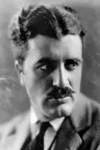
Cedric Gibbons
Art Direction
Media.
















Details.
Release DateNovember 8, 1951
StatusReleased
Running Time2h 51m
Content RatingNR
Budget$7,623,000
Box Office$21,037,000
Genres
Last updated:
This Movie Is About.
Wiki.
Quo Vadis (Latin for "Where are you going?") is a 1951 American religious epic historical film set in ancient Rome during the final years of Emperor Nero's reign, based on the 1896 novel of the same title by Polish Nobel Laureate author Henryk Sienkiewicz. Produced by Metro-Goldwyn-Mayer and filmed in Technicolor, it was directed by Mervyn LeRoy from a screenplay by S. N. Behrman, Sonya Levien, and John Lee Mahin. It is the fourth screen adaptation of Sienkiewicz's novel. The film stars Robert Taylor, Deborah Kerr, Leo Genn, and Peter Ustinov, and features Patricia Laffan, Finlay Currie, Abraham Sofaer, Marina Berti, Buddy Baer, and Felix Aylmer. Future Italian stars Sophia Loren and Bud Spencer appeared as uncredited extras. The score is by Miklós Rózsa and the cinematography by Robert Surtees and William V. Skall. The film was released by Metro-Goldwyn-Mayer on November 2, 1951.
The story, set between 64 and 68 AD, combines both historical and fictional events and characters, and compresses the key events of that period into the space of only a few weeks. Its main theme is the Roman Empire’s conflict with Christianity and persecution of Christians in the final years of the Julio-Claudian line. Unlike his illustrious and powerful predecessor, Emperor Claudius, Nero proved corrupt and destructive, and his actions eventually threatened to destroy Rome's previously peaceful social order. The title refers to an incident in the apocryphal Acts of Peter.
The film was nominated for eight Academy Awards, including Best Picture, and it was such a huge box office success that it was credited with single-handedly rescuing MGM from the brink of bankruptcy. Peter Ustinov won the Golden Globe Award for Best Supporting Actor – Motion Picture, and Robert Surtees and William V. Skall won the award for Best Cinematography.
You May Also Like.
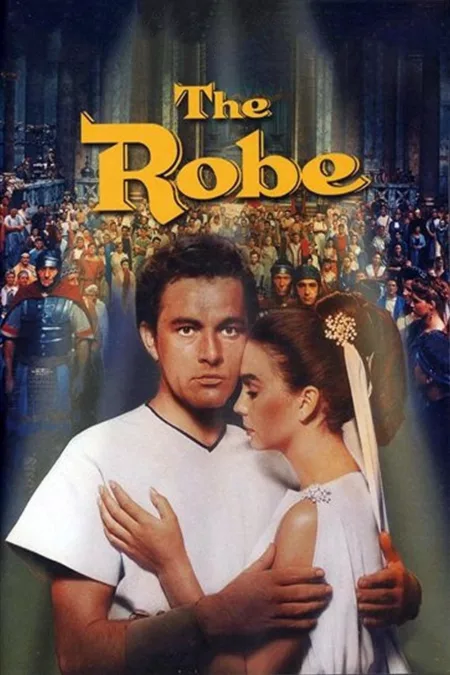
The Robe (1953)
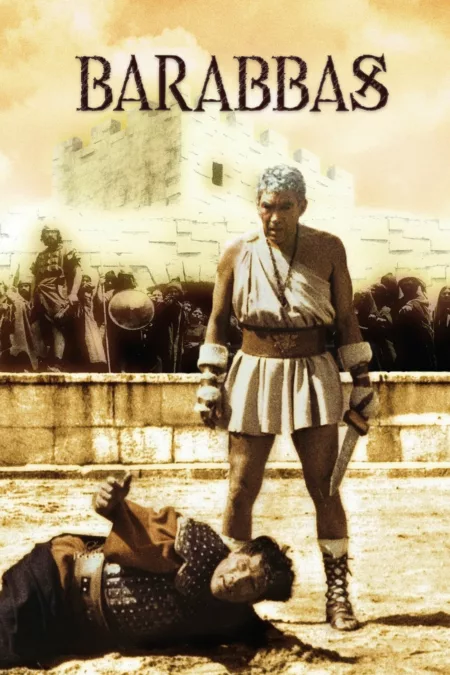
Barabbas (1961)

The Big Country (1958)

The Apartment (1996)

Father's Little Dividend (1951)
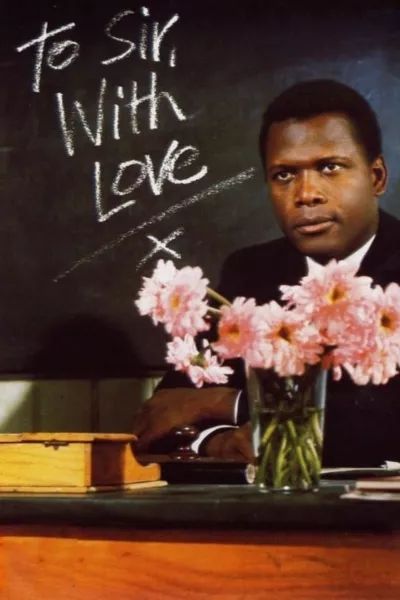
To Sir, with Love (1967)
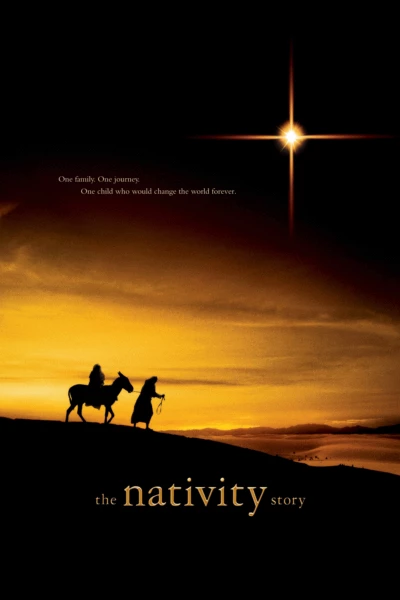
The Nativity Story (2006)

Support Your Local Sheriff! (1969)
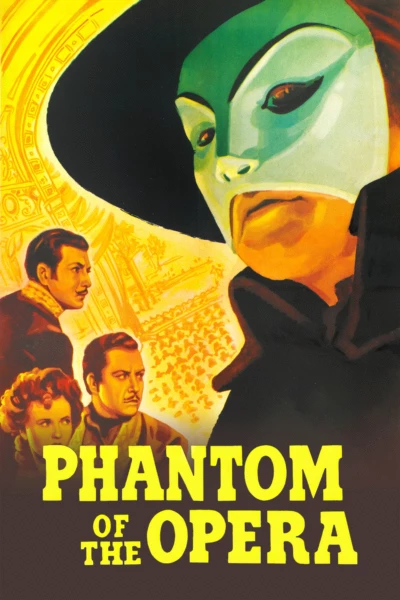
Phantom of the Opera (1943)
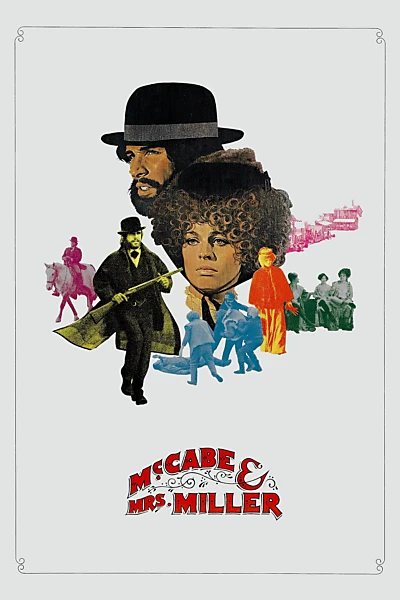
McCabe & Mrs. Miller (1971)

Topkapi (1964)

Rams (2015)
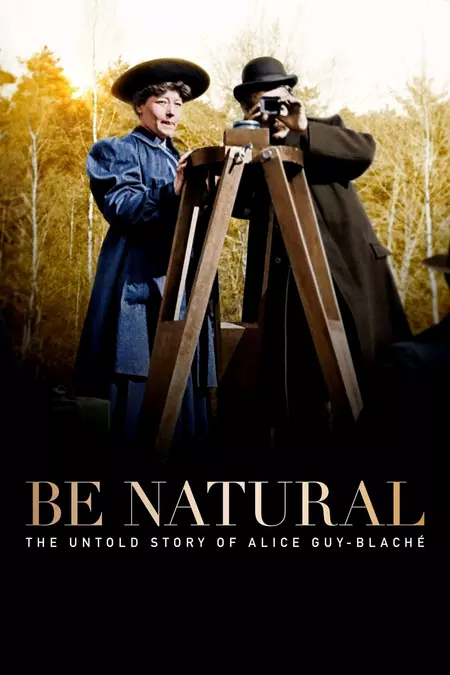
Be Natural: The Untold Story of Alice Guy-Blaché (2018)
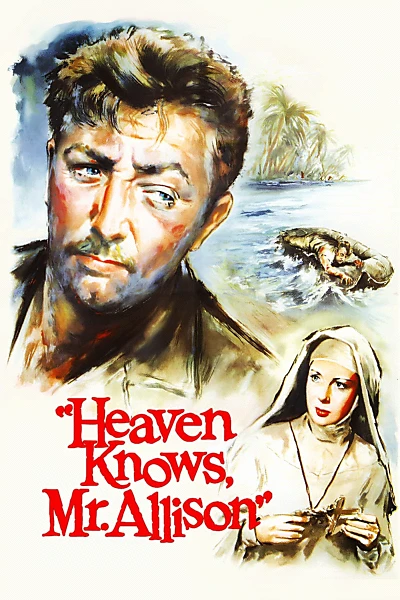
Heaven Knows, Mr. Allison (1957)

Daffy Duck's Movie: Fantastic Island (1983)
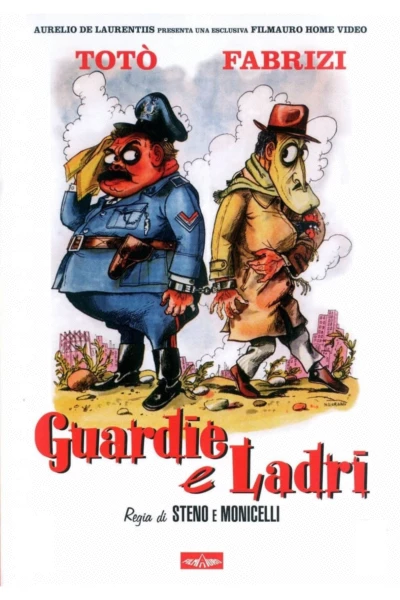
Cops and Robbers (1951)
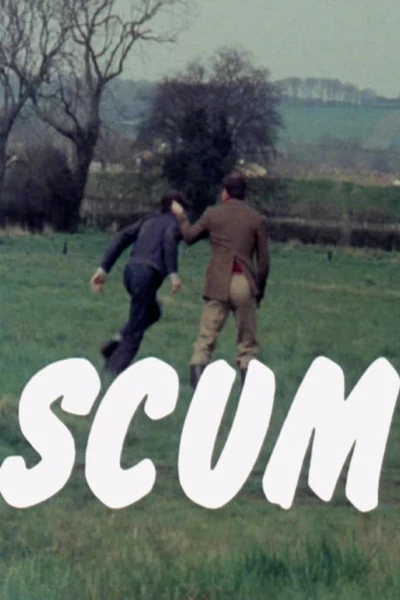
Scum (1977)

Anticipation of the Night (1958)

Daybreak Express (1953)
